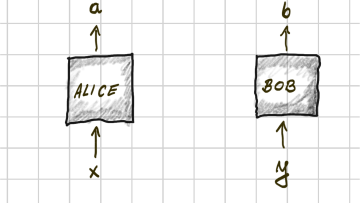Tropical time series, iterated-sums signatures and quasisymmetric functions
Abstract
Driven by the need for principled extraction of features from time series, we introduce the iterated-sums signature over any commutative semiring. The case of the tropical semiring is a central, and our motivating, example, as it leads to features of (real-valued) time series that are not easily available using existing signature-type objects.
This is joint work with Kurusch Ebrahimi-Fard (NTNU Trondheim) and Nikolas Tapia (WIAS Berlin).


